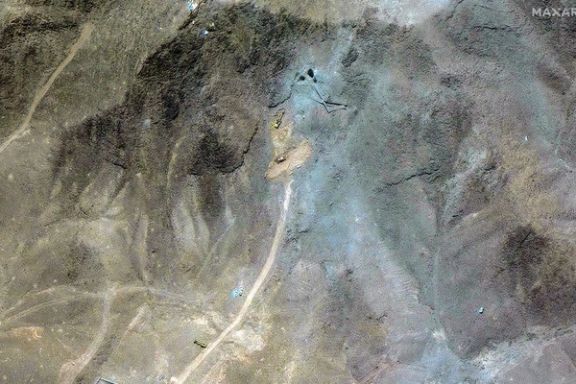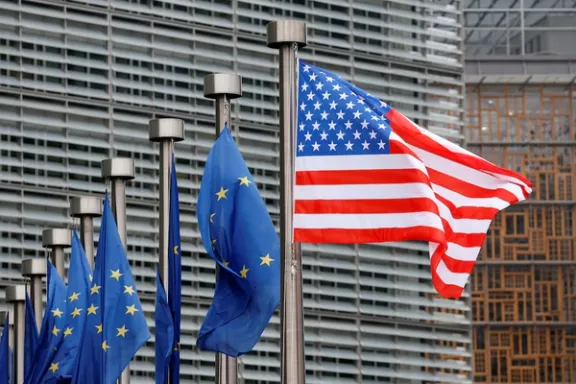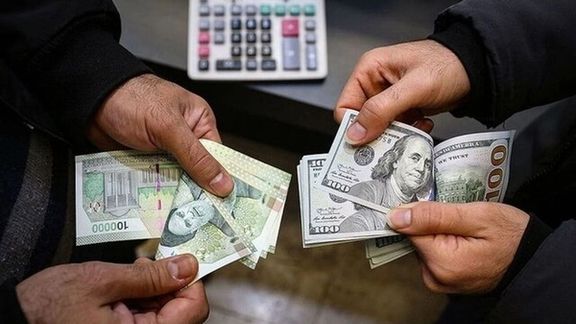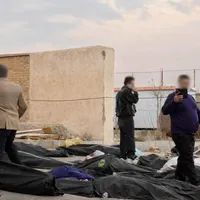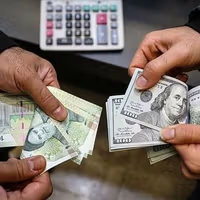Iran's diplomacy with the West is locked in a high-stakes limbo, with European-triggered sanctions looming by month's-end if Tehran does not resume nuclear talks with the United States silenced since surprise US and Israel attacks in June.
US President Donald Trump's envoys had been engaged in tense negotiations with Tehran for two months on how to guarantee it would not acquire a nuclear weapon, but the West accuses Iran of evasion and insincerity while Iran denies seeking a bomb.
On June 13, Israel launched a surprise war just as a new round of talks was reportedly due, starting a 12-day war capped off by US strikes on three Iranian nuclear sites.
"(Trump) was starting off with diplomacy. He was trying, he was saying it. We could always critique the tactics of the diplomacy, but he at least put that message out... and there was no reciprocation," Rubin told the Eye for Iran podcast.
Rubin now works as a commentator and author of The Briefing Book on Substack.
"At that moment in time there was actually deep danger that Iran was going to accelerate and build a nuclear device, so I supported the strikes," he added. "I supported the American response. I believe that it set back the program. I believe it was devastating."
Program over people
Trump had said the attacks were an unmitigated success which "obliterated" Iran's nuclear program.
The President, who had repeatedly expressed his preference for a peaceful outcome to the impasse but said the intervention had forestalled a nuclear war, has since been ambivalent on the need for further diplomacy.
"I also believe there needs to be a diplomatic agreement to lock in those gains," Rubin added. "If they really want to get international faith restored, they need to come clean. They need to allow full inspections. They need to say they want to go back into a nuclear deal with, with the world."
Tensions have flared as a European troika of Britain, France and Germany threw down the gauntlet of a high-stakes sanctions measure under the 2015 nuclear deal which Rubin, as a diplomat in the Barack Obama administration, helped midwife.
The mechanism under the agreement from which Trump in his first term withdrew the United States allows any party to reimpose UN sanctions after a thirty-day period of calling out Iran for alleged non-compliance.
Tehran has bristled at the move and said a deal with the UN nuclear watchdog clinched this week to resume inspections ended by the June conflict will be scuppered by the Europeans' so-called "snapback" sanctions move.
Iran's tack, Rubin said, had yet to convince the West of its nuclear intentions in a way that let down their own people.
"They are in violation of multiple international standards. They have essentially prioritized the nuclear program over their people," he said.
"We have a dynamic where the Europeans, even though they were concerned about the military action taken in June, they have no confidence in what the Iranian government is saying."''
Watch the full Eye for Iran episode on YouTube, or listen on Spotify, Apple, Amazon or Castbox.


